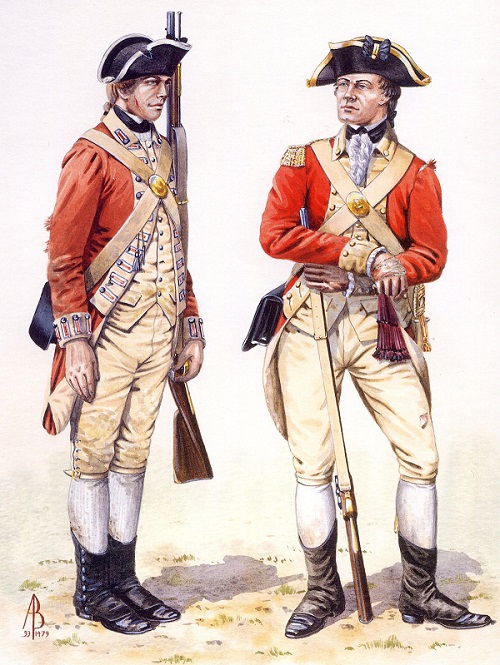
However Tucker was recommended to mercy and he was placed on half-pay. He was sentenced to be dismissed from the service. He was found guilty of stealing the mare and guilty of ‘great impropriety’ concerning Holmes’ belongings.

Tucker was said to have opened Holmes’ ‘portmanteau, trunk, and canteen, and other baggage’, and to have taken the contents. As well as the horse, he was accused of stealing the property of his fellow officer Captain Holmes who had been killed in the battle. That was unwise and the authorities took the horse back on 17 September 1815.Īfter rejoining his regiment in Paris, Tucker faced a court-martial on five charges of ‘scandalous and infamous conduct, unbecoming the character of an officer and a gentleman’. The whole affair would probably have gone unnoticed, but Tucker wanted to sell the mare and put an advert in Galignani’s Messenger, an English-language newspaper published in Paris at that time. Man and horse then journeyed to Brussels. The Battle of Waterloo from The wars of Wellington, a narrative poem (London, 1819) Images OnlineĬontrary to the orders of the High Command forbidding all profiteering, Tucker took the horse and removed the regimental mark from its side.

It is the story of a horse stolen at Waterloo and the man who took her.Īs the battle dust started to settle, Captain John Tucker of the 1st Battalion 27th Regiment of Foot decided to take advantage of the chaos and ‘forcibly took and converted to his own use a certain bay mare, belonging to some British regiment of dragoons, or regiment, or officer, or soldier in the British pay’.

But it is not about those famous leaders the Duke of Wellington or Napoleon Bonaparte, or military tactics.

Today’s blog post commemorates the Battle of Waterloo which was fought on 18 June 1815.


 0 kommentar(er)
0 kommentar(er)
